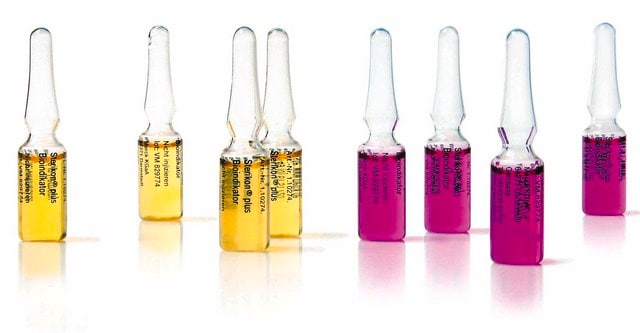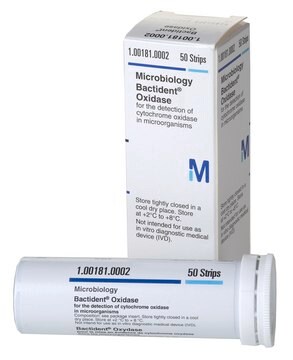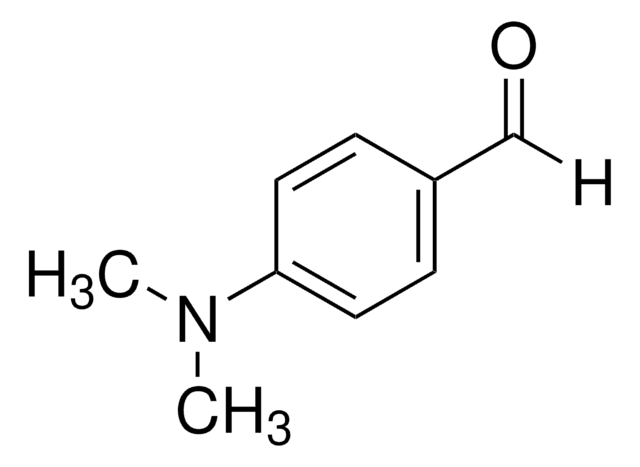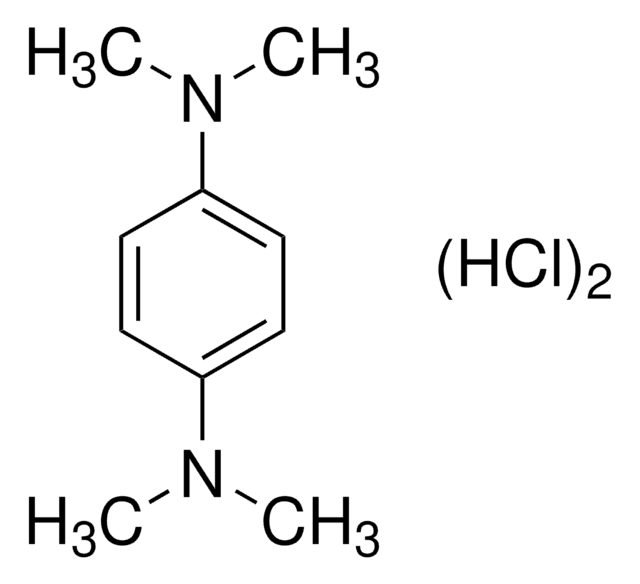07345
Oxidase Reagent according to Gaby-Hadley A
suitable for microbiology
Sinonimo/i:
Gaby-Hadley Reagent A
About This Item
Prodotti consigliati
agenzia
according to ISO 9308-1:2014
Livello qualitativo
Nome Commerciale
BioChemika
Durata
limited shelf life, expiry date on the label
Composizione
ethanol (95%), 100 mL
α-naphtol, 1 g
Confezionamento
pkg of 100 mL
Condizioni di stoccaggio
(Tightly closed. Dry.)
tecniche
microbe id | specific enzyme detection: suitable
Spettro attività antibiotica
Gram-negative bacteria
applicazioni
agriculture
clinical testing
environmental
food and beverages
pharmaceutical
microbiology
Compatibilità
Plesiomonas spp.
Aeromonas spp.
Neisseria spp.
Pseudomonas spp.
Descrizione generale
Applicazioni
Avvertenze
Danger
Indicazioni di pericolo
Consigli di prudenza
Classi di pericolo
Eye Irrit. 2 - Flam. Liq. 2 - Skin Sens. 1
Codice della classe di stoccaggio
3 - Flammable liquids
Classe di pericolosità dell'acqua (WGK)
WGK 1
Punto d’infiammabilità (°F)
57.2 °F
Punto d’infiammabilità (°C)
14 °C
Dispositivi di protezione individuale
Faceshields, Gloves, Goggles, type ABEK (EN14387) respirator filter
Scegli una delle versioni più recenti:
Possiedi già questo prodotto?
I documenti relativi ai prodotti acquistati recentemente sono disponibili nell’Archivio dei documenti.
I clienti hanno visto anche
Articoli
Vibrio Detection
Chromogenic media enable the selective detection of S. aureus, which produce bluish-green colonies that are clearly differentiated from other species.
On the Trail of Campylobacter
For microbiologists the most fundamental stain was developed in 1884 by the Danish bacteriologist Hans Christian Gram.
Protocolli
General guidance for the detection and enumeration of Enterobacteriaceae in food according to EN-ISO 8523:1991 and EN-ISO 4832:1991, respectively.
Il team dei nostri ricercatori vanta grande esperienza in tutte le aree della ricerca quali Life Science, scienza dei materiali, sintesi chimica, cromatografia, discipline analitiche, ecc..
Contatta l'Assistenza Tecnica.










